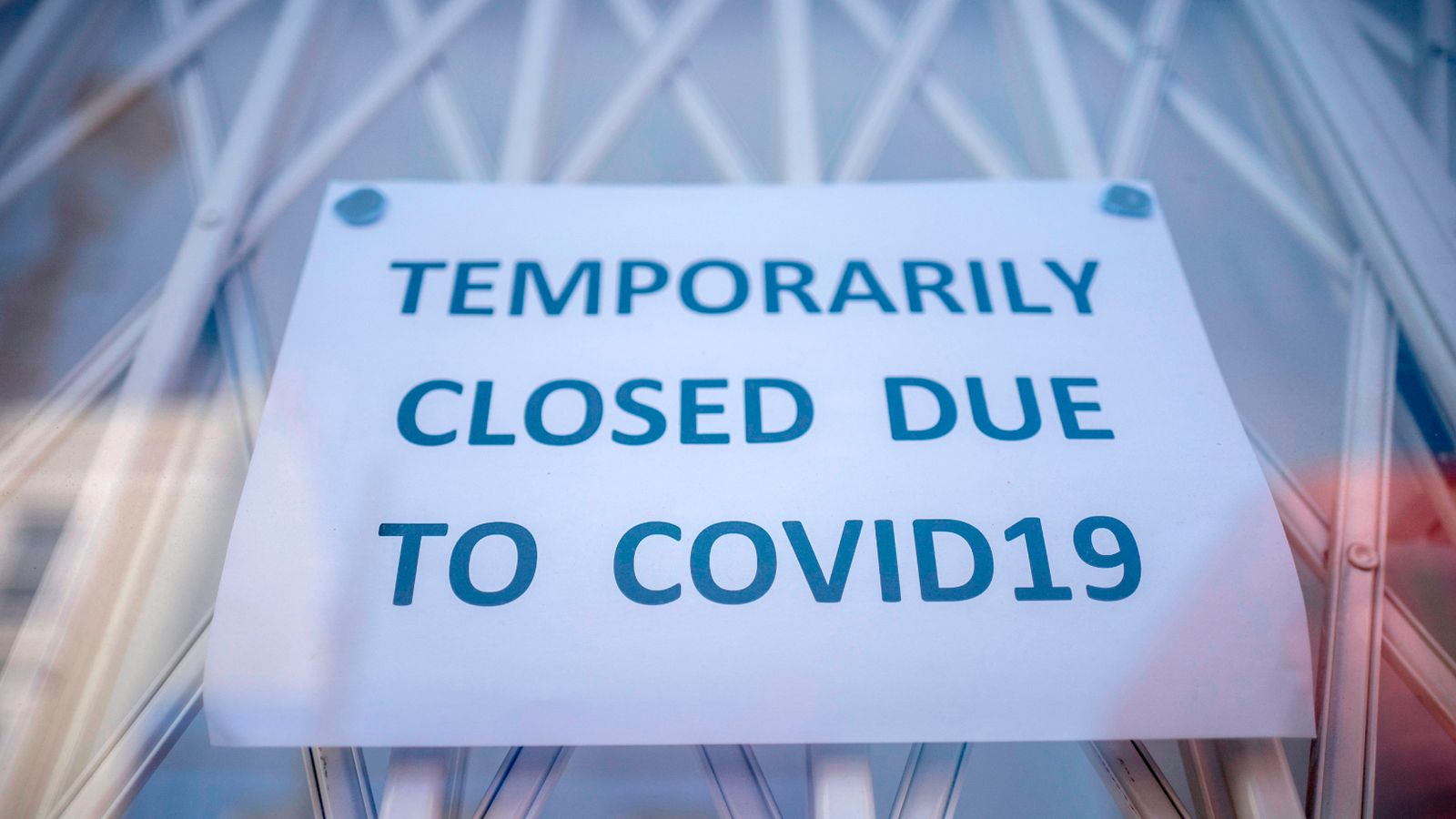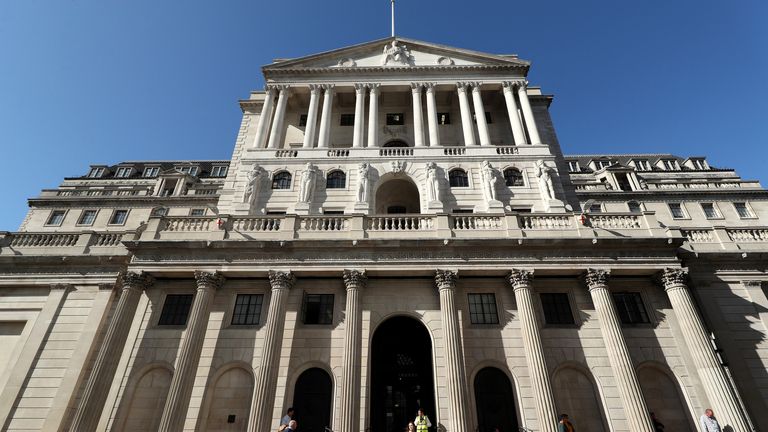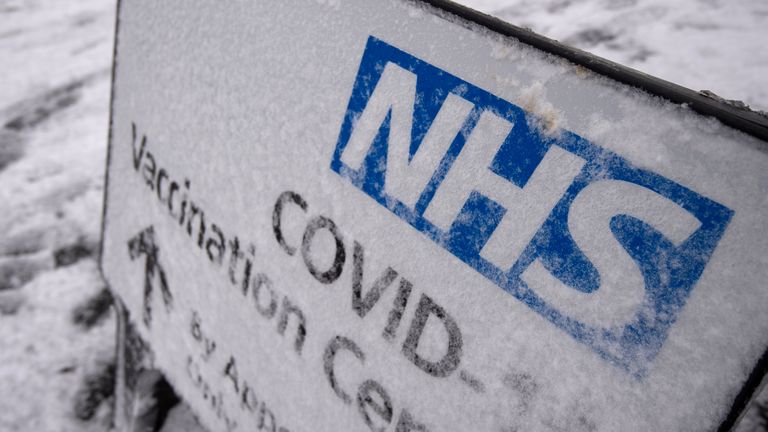The worst GDP since the invention of GDP.
By now we’re mostly all familiar with the scale of the economic contraction this country has faced over the past year.
We have lived the lockdowns, the furloughs, the closures. Even so, the scale of the fall in economic output still takes the breath away.
Not since this statistic, gross domestic product, was invented in the 1930s, not since the official UK estimates of it began a couple of decades later, not in living memory has it fallen as much as this – 9.9% in a single year.
Indeed, if you look back through historic figures compiled by the Bank of England this was narrowly worse than the 9.7% fall in 1921 and only outdone by the collapse during the Great Frost of 1709.
Now historical comparisons like this are only so much use.
For one thing, those centuries-old numbers are based on sporadic data which is unlikely to be properly comparable with the stuff we have now.
The economy was very different, much more reliant on agriculture and hence prone to big lurches in one direction or the other.
Moreover, the Office for National Statistics, which produces these data, is also quite likely to revise the 2020 figure in the future, meaning that historical comparison may dissolve away.
That being said, we now know that we have lived through a historic year for the economy, where activity dropped more than ever before.
The real question now is what happens next.
Now, the latest GDP figures show that the economy rebounded slightly, by 1%, in the final quarter of 2020. This was a little better than expected.
Then again, given we are currently locked down again, the likelihood is that the first quarter of GDP will be back in negative territory.
Technically speaking, this means the UK will probably avoid a double dip recession.
Then again, the definition of a recession is somewhat arbitrary (two successive quarters of economic contraction) so fixating too much on these concepts is a little beside the point.
Anyway, this recession is nothing like a normal recession, where the economy is brought down by its own embedded weaknesses.
In this case the recession is a direct function of the shutdown.
And that implies that in the coming months, once the current lockdown is eased, economic growth will bounce back very quickly.
Having faced the deepest slide in decades in 2020 we will almost certainly see one of the biggest rises in GDP in 2021.
Still: there is a long way for the UK to go until it gets back to its pre-crisis economic output levels.
According to the ONS figures on Friday that shortfall is around 6.3%.
Most forecasters suspect it will take another year at least for Britain to be back to where it was before COVID-19 hit.


